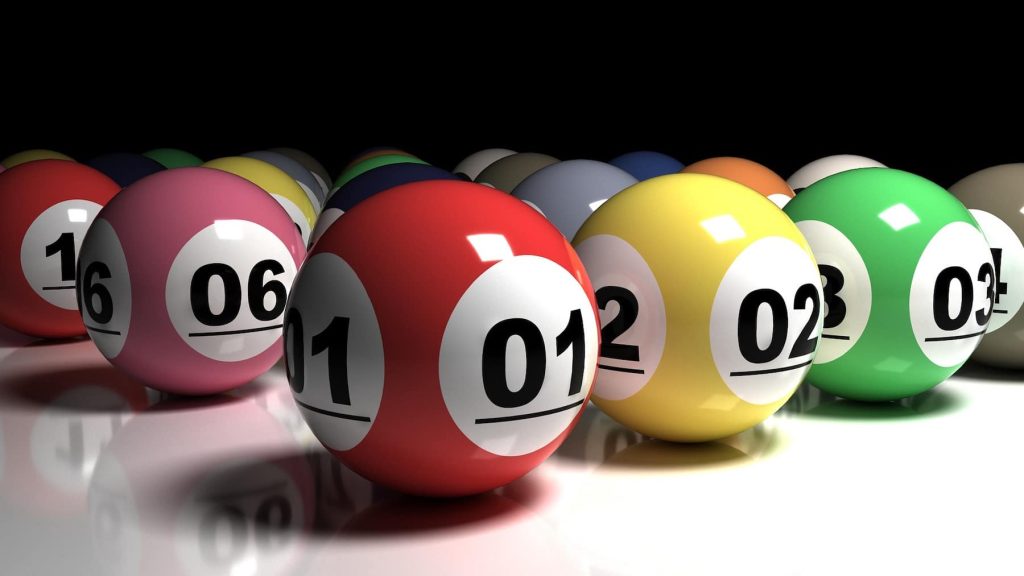Streamlined Registration Processes Accelerate Sign-Ups For Online Lottery Games
The digital lottery landscape is evolving rapidly, and one of the strongest drivers of growth is simplified registration. Players today expect speed, clarity, and ease from the very first interaction. Streamlined sign-up processes are removing barriers, creating smoother entry points, and encouraging more users to participate in online lottery games with confidence.
The Shift Toward Effortless Onboarding
Modern users value convenience above all else. Long forms, repeated data entry, and unclear steps can discourage participation before it even begins. Streamlined registration focuses on minimizing friction while maintaining essential verification, leading to faster onboarding and improved first impressions.
Key characteristics of simplified onboarding include:
- Fewer mandatory fields during initial sign-up
- Clear step-by-step guidance
- Fast validation of user information
- Mobile-friendly design for sign-ups on the go
This approach aligns with how digital users interact with entertainment platforms today.
Faster Sign-Ups Lead to Higher Engagement
When users can register quickly, they are more likely to explore games immediately. Reduced waiting times create momentum and excitement, which translates into higher engagement levels and longer session durations.
Benefits of faster registration flows include:
- Increased completion rates for sign-ups
- Lower drop-off during the onboarding stage
- Earlier interaction with available lottery games
- Stronger user satisfaction from the first visit
A smooth start often sets the tone for the entire user experience.
Enhanced User Trust Through Simplicity
Clear and transparent registration processes build trust. When users understand why information is requested and how long the process will take, they feel more comfortable proceeding. Streamlined systems emphasize clarity, helping users feel secure without feeling overwhelmed.
Positive trust-building elements include:
- Simple explanations for required details
- Visible progress indicators during registration
- Quick confirmation after successful sign-up
Trust established early encourages repeat visits and ongoing participation.
Mobile Optimization Expands Accessibility
Many users now access online lottery games through mobile devices. Streamlined registration processes are designed to work seamlessly across screens, ensuring that users can sign up anytime, anywhere.
Mobile-focused advantages include:
- One-handed navigation and readable layouts
- Optimized input fields for smaller screens
- Faster load times even on slower connections
This accessibility significantly broadens the potential user base.
A Positive Impact on Long-Term Growth
Efficient registration is not just about speed; it supports sustainable growth. By lowering entry barriers, togel germany platforms attract a wider audience and create a welcoming environment for new players. Over time, this leads to higher participation rates and a more vibrant digital lottery ecosystem.
Streamlined registration processes are accelerating sign-ups for online lottery games by prioritizing simplicity, speed, and user comfort. With fewer obstacles and clearer pathways, more users are joining, engaging, and enjoying the experience. As digital expectations continue to rise, effortless onboarding remains a powerful foundation for positive growth and lasting user satisfaction.





